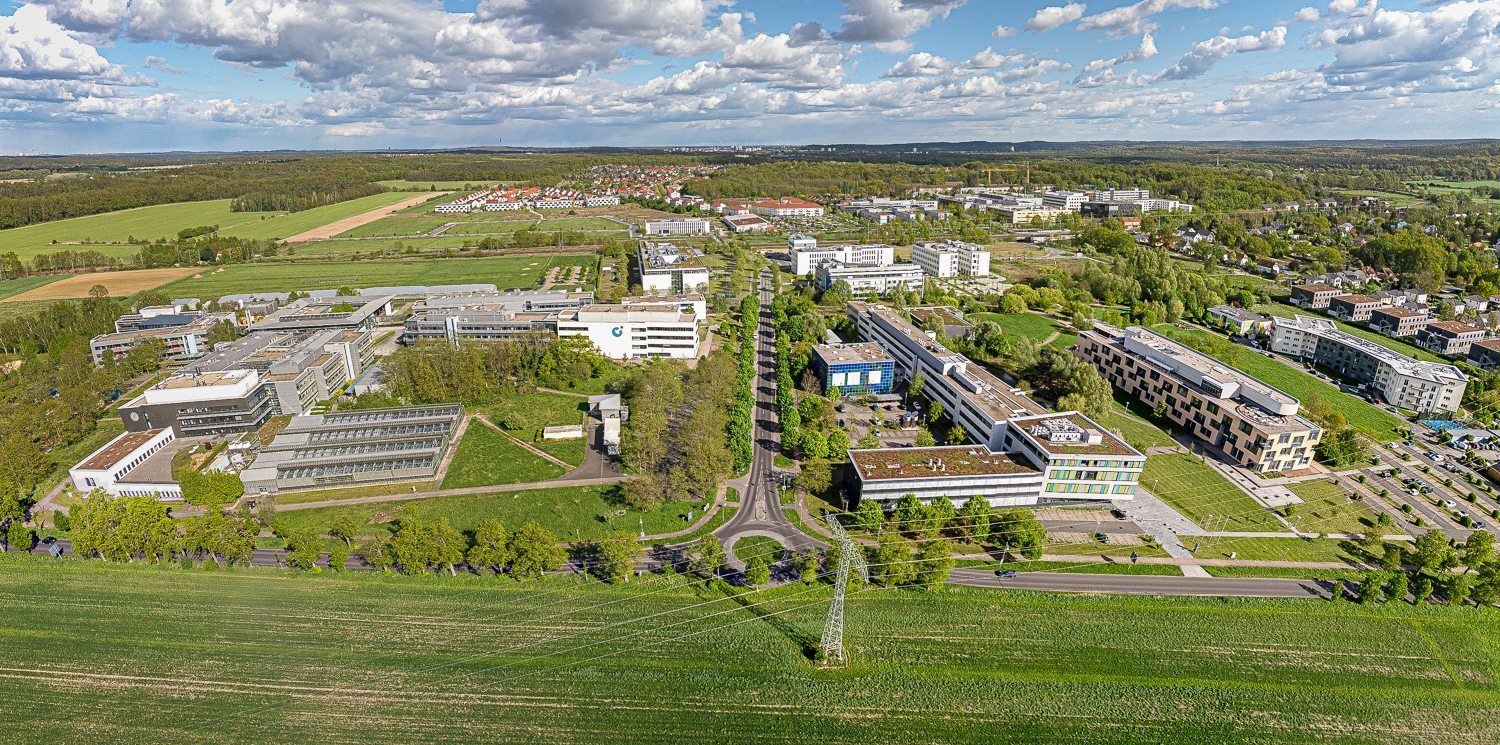
BVIZ: A Successful High-Tech Agenda Requires Appropriate Implementation Structures
BVIZ Press Release | Berlin, 5 Nov. 2025 – The Federal Association of German Innovation, Technology and Startup Centers (BVIZ Bundesverband Deutscher Innovations- Technologie und Gründerzentren e.V.) welcomes Germany’s High-Tech Agenda (HTAD) as a commitment to competitiveness and new economic dynamism. At the opening event last week, the federal government made clear that innovation will be the political priority number one. Chancellor Friedrich Merz emphasized that economic, security, and social policy challenges are converging in the innovation policy of today and that Germany must actively shape its technological future.
BVIZ: Political Paradigm Shift Is Not Enough
From BVIZ’s perspective, a political paradigm shift alone is not enough. The crucial question is whether Germany can overcome its structural weaknesses in technology transfer. Federal Minister of Research Dorothee Bär reiterated that research is necessary to bring innovation into practice. The association does not disagree, but notes that Germany is already internationally strong in research. The weakness lies in translating innovative research results into marketable products.
“Germany does not fail for lack of ideas, but for lack of execution. If innovation is to be the top priority, then the actors who turn research into value creation must be strengthened,” explains Dr. Christina Quensel, President of BVIZ.
Innovation centers nationally form the physical and organizational infrastructure for this step: spin-offs from research institutions and companies, scaling technology-intensive startups, industrial test environments, regulatory support, IP transfer, connectivity with investors, and cooperations with SMEs and industry. Thousands of technology-oriented startups and highly qualified jobs are created here each year.
Nevertheless, this infrastructure continues to receive too little consideration in federal policy. “Innovation and startup centers have been the places for decades where research, founding, and market come together. This transfer is decisive for Germany to achieve the targets of the HTAD,” says Peggy Zimmermann, BVIZ managing director. “Therefore, it is hard to understand why innovation centers, despite their proven impact, are still not adequately recognized in current federal policy.”
From BVIZ’s perspective, the HTAD implementation requires a systematic integration of innovation and startup centers. Specifically:
- A nationwide “German Innovation Infrastructure Program” to modernize existing innovation centers so that older sites are technologically, spatially, and digitally aligned with the needs of young high-tech companies today.
- Strengthening transfer structures and pilot facilities so technologies move faster from lab to application.
- Enabling access to industrial test environments to test products and processes under real conditions before market launch.
- Expanding programs to scale Deep-Tech startups so prototypes become industrial solutions.
If Germany wants to lead in innovation, financing research and defining key technologies is not sufficient. Actionable, interconnected places are needed that can accelerate market entry. This is precisely what the innovation and startup centers within BVIZ have been delivering successfully for decades.
BVIZ is pleased to accompany the political implementation of HTAD and proposes that the federal government also give clearer consideration to the transfer structures of innovation centers in programs, funding logic, and political visibility. “If innovation is the government’s top priority, then the places where innovation actually occurs must also be strengthened,” states Quensel.
About the Federal Association of German Innovation, Technology and Startup Centers as well as Science and Technology Parks (BVIZ)
The BVIZ represents the interests of its members at national and international levels and provides a platform for knowledge exchange and experience sharing. To date, more than 50,100 companies have been successfully founded and 316,000 jobs created within German centers. BVIZ advocates for the promotion and support of technology and startup centers (TGZs) and their companies, focusing on technology transfer, innovation, entrepreneurship, and enterprise development, and works to enhance public awareness of the sector.
Press Contact
Bundesverband Deutscher Innovations-, Technologie- und Gründerzentren e. V. (BVIZ)
Peggy Zimmermann
Charlottenstraße 65 | 10117 Berlin
Telefon: 030 3920-0581
zimmermann@innovationszentren.de
www.innovationszentren.de